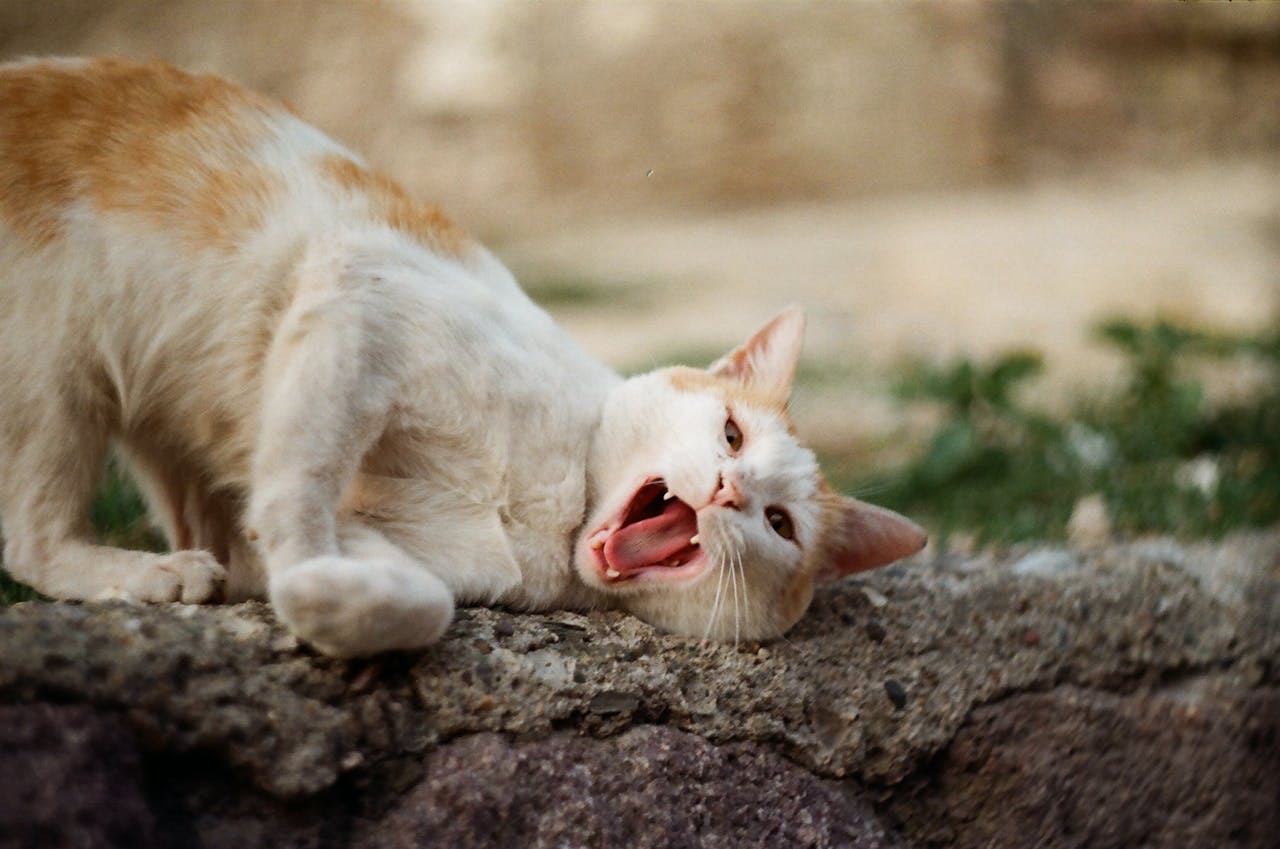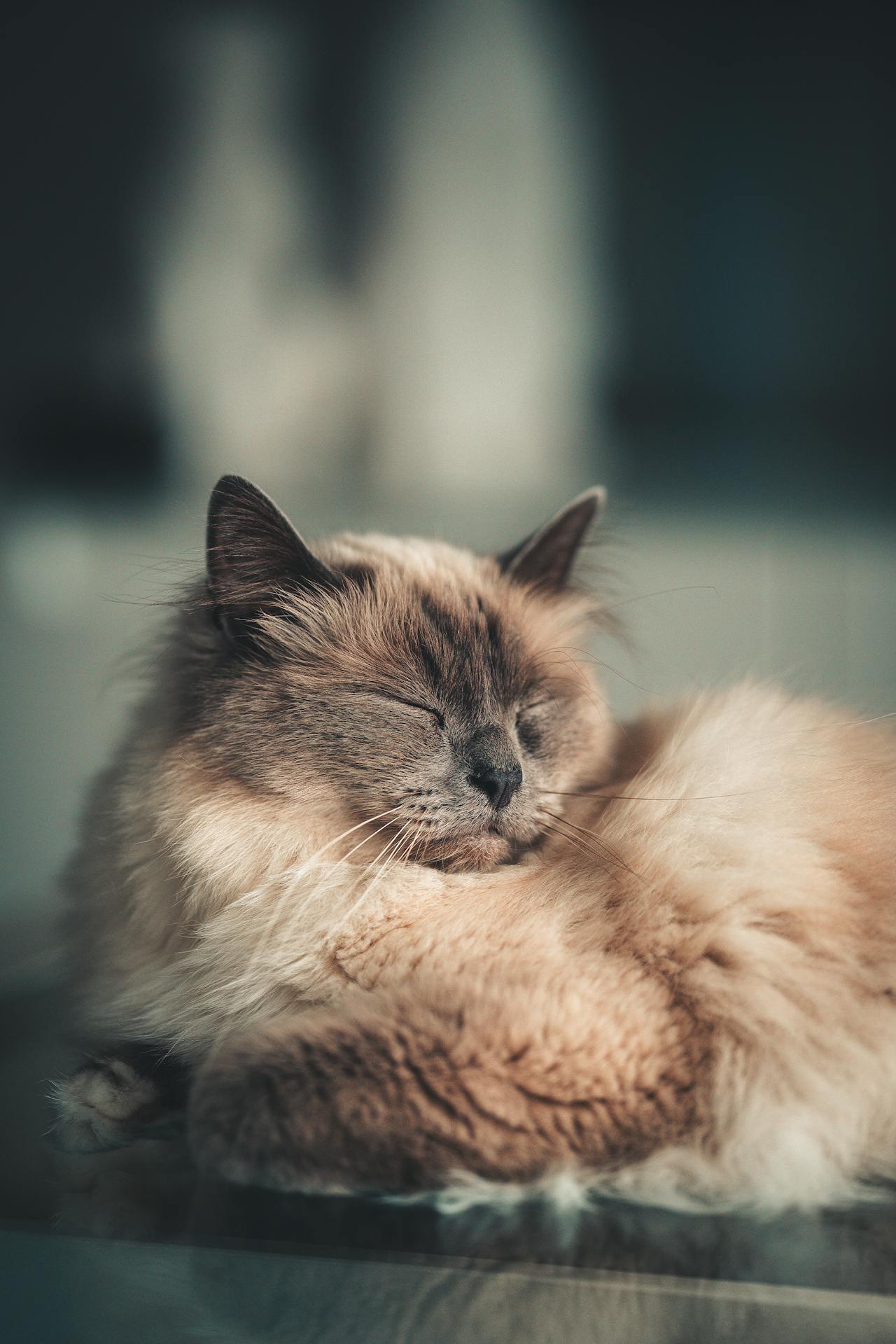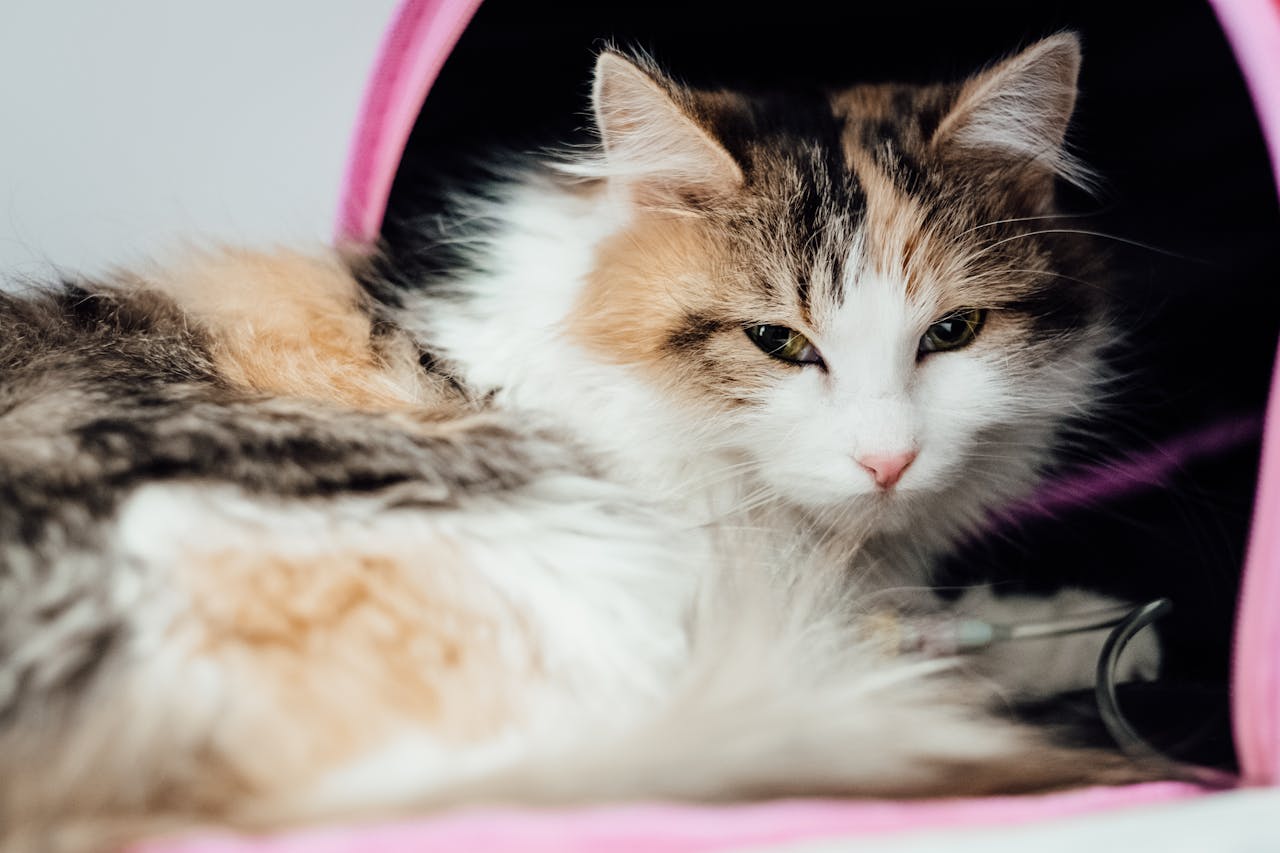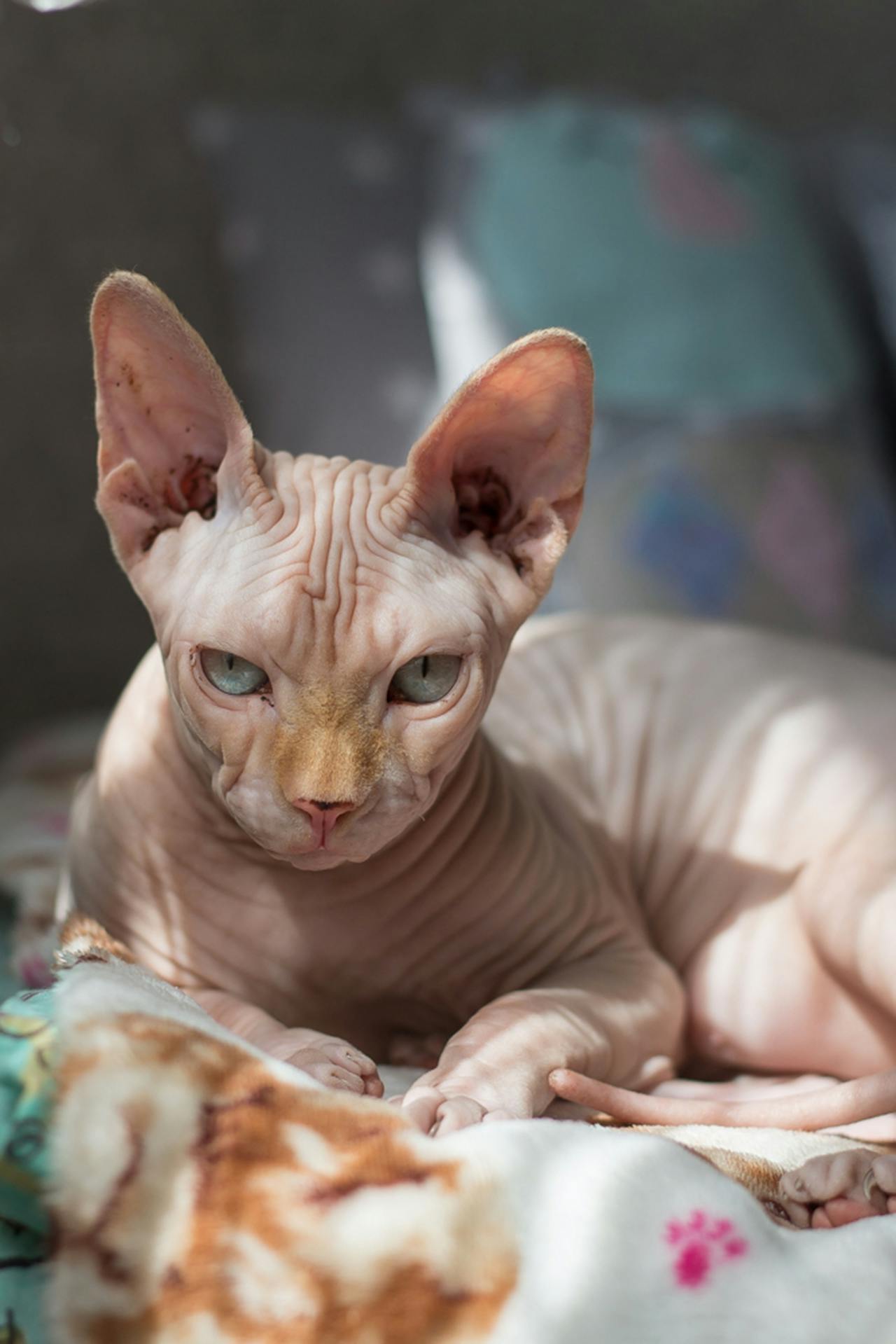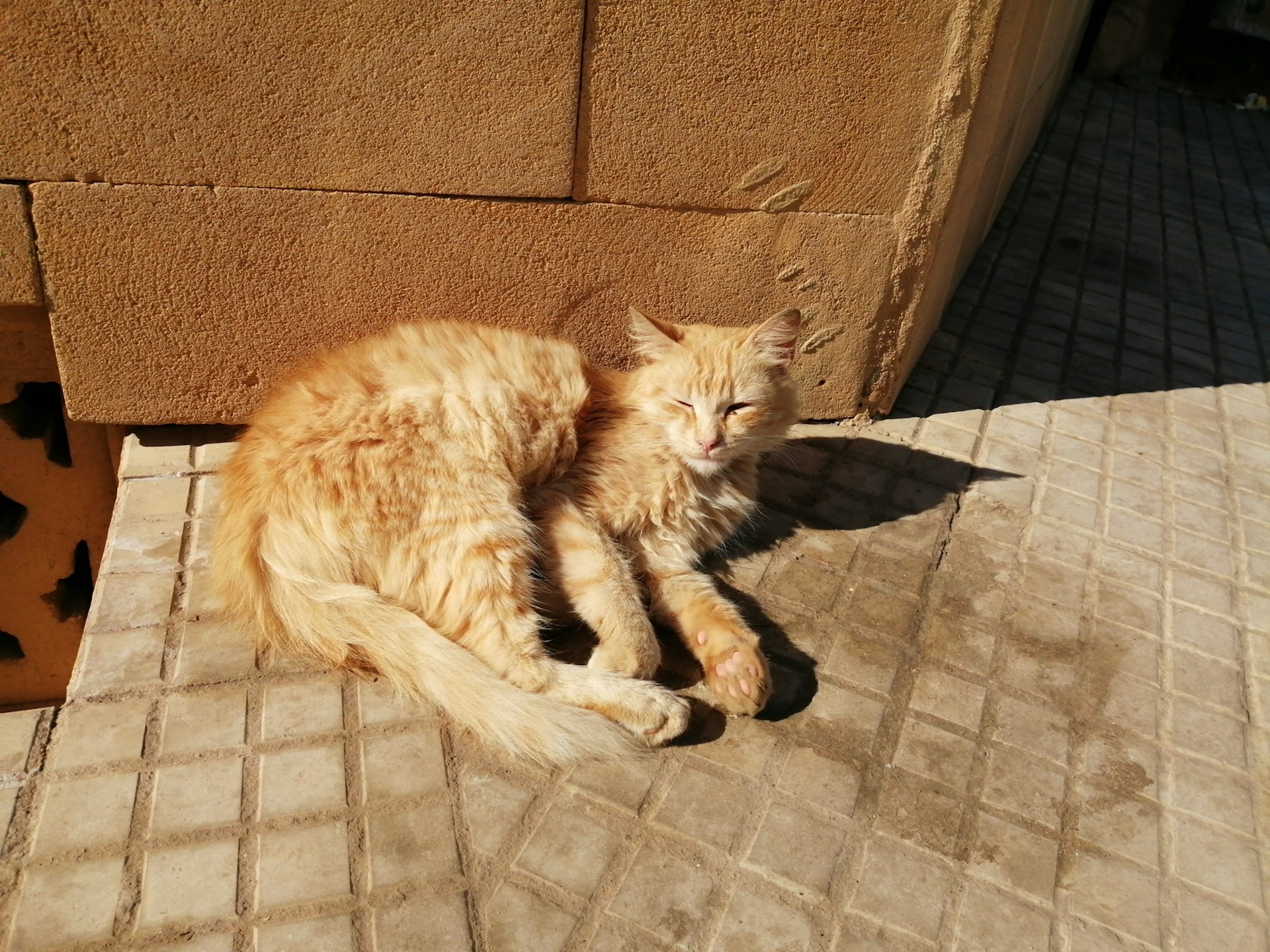Why Cats Really Vomit
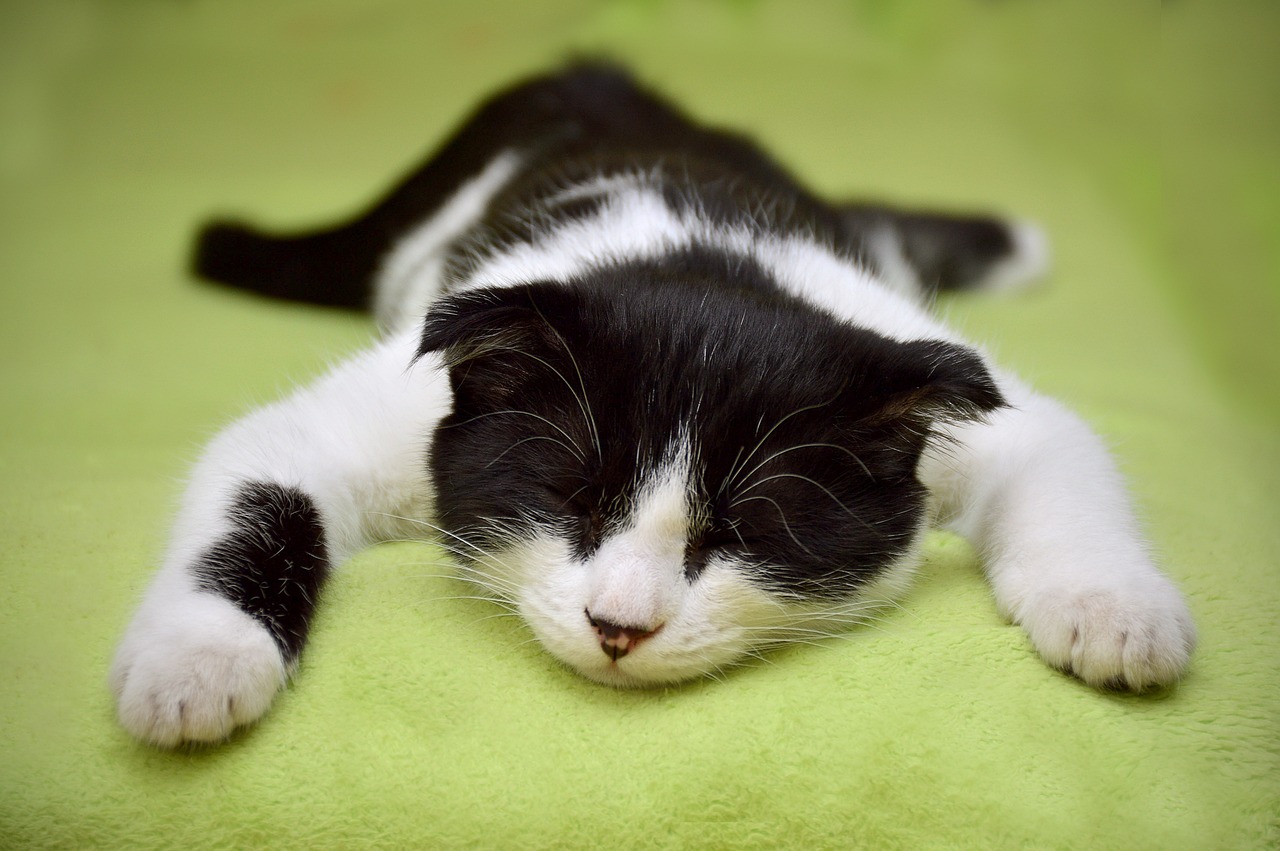
Why Cats Really Vomit?
You scramble out of bed, hoping to guide her to a hard surface for easier cleanup, but your cat, with perfect timing, moves to your favorite carpet. After vomiting, she looks up at you, seemingly unfazed, and walks away as if nothing happened.
This might feel like a familiar scene if you've been a cat owner for a while. But here's the question—should you be worried? Is vomiting just part of life with cats, or could it be a sign of something more serious?
Is Vomiting Normal for Cats?
Many cat owners believe vomiting is normal to their pet's behavior. But as a veterinarian, I often have to debunk this myth. Vomiting in cats is not as normal as many people think. In fact, a healthy cat should rarely, if ever, vomit.
When I ask cat owners during routine checkups whether their pet vomits, I often get different responses:
-
"No more than usual." This might sound like a reasonable answer, but it begs the question—how much is "usual"? If your cat is vomiting more than once every eight weeks, it's worth taking note. Regular vomiting is not a normal occurrence and could indicate an underlying health issue.
-
"Only when he eats too fast." This is a common belief among cat owners, but the truth is that cats are unlikely to vomit just because they ate too quickly. While it might seem that way, frequent vomiting right after eating is often a symptom of gastrointestinal problems. Cats, like humans, shouldn't vomit simply from eating quickly, so it's essential to dig deeper if this is a recurring issue.
-
"She vomits hairballs about twice a week." Hairballs are a part of cat life, but they should not be as frequent as some might think. True hairballs are simply hair your cat ingests while grooming, and they usually pass through the digestive system without issue. Occasionally, a cat might vomit up a hairball, which is mostly composed of fur, with no food mixed in. If your cat is vomiting food along with hair, this isn't a hairball—it's something more concerning.
Common Causes of Cat Vomiting
Vomiting in cats can be caused by a variety of factors, ranging from mild to severe. Let's take a closer look at some of the potential causes:
-
Dietary Issues: Sometimes, vomiting can be triggered by something as simple as a sudden change in diet, food intolerance, or even the cat's curiosity, leading them to ingest something they shouldn't (like a plant or piece of string). Cats have sensitive stomachs, and abrupt changes in their food or eating habits can result in stomach upset.
-
Gastrointestinal Disorders: Cats that vomit frequently after meals may be suffering from gastrointestinal disorders. These can range from mild conditions like gastritis to more serious issues like inflammatory bowel disease (IBD). If your cat regularly vomits food shortly after eating, it's essential to consult your vet for further investigation.
-
Hairballs: As mentioned earlier, hairballs occur when cats ingest loose fur during grooming. While most of the hair passes through the digestive system, some may collect and be vomited up in a tubular mass. However, hairball vomiting should not be a regular occurrence. If your cat is vomiting frequently and you notice hair in the vomit, there may be an underlying gastrointestinal issue that's causing both food and hair to be expelled.
-
Ingesting Foreign Objects: Cats are naturally curious, and they might ingest objects that aren't meant to be eaten. Strings, small toys, or pieces of plastic can get stuck in a cat's stomach or intestines, causing vomiting. Seek immediate veterinary attention if your cat's vomiting is accompanied by lethargy or discomfort.
Chronic Vomiting: Could It Be More Serious?
While some causes of vomiting may be mild, others can be much more severe. Chronic vomiting is often a sign of a more significant health issue. Here are a few conditions that could be at play:
-
Kidney Disease: Cats are prone to kidney disease, especially as they age. One of the symptoms of kidney problems is frequent vomiting. If your cat is older and vomiting regularly, a vet checkup is essential to rule out kidney disease.
-
Pancreatitis: Inflammation of the pancreas can lead to vomiting, lethargy, and loss of appetite. Pancreatitis is a serious condition that requires prompt medical treatment.
-
Liver Disease: The liver plays a vital role in detoxifying the body, and when it's not functioning properly, it can lead to vomiting. Cats with liver disease may also show signs of weight loss, jaundice (yellowing of the skin and eyes), and lethargy.
-
Inflammatory Bowel Disease (IBD): IBD is a chronic condition where the cat's digestive tract becomes inflamed. This can lead to frequent vomiting, diarrhea, and weight loss. IBD requires long-term management through diet and medication.
-
Cancer: Unfortunately, vomiting can also be a sign of cancer, particularly in the gastrointestinal system. This is especially concerning in older cats or those with a history of unexplained weight loss, decreased appetite, or lethargy.
What Should You Do if Your Cat Vomits?
The occasional vomit from your cat might not be a cause for alarm, but frequent vomiting shouldn't be ignored. If your cat is vomiting more than once every eight weeks or if the vomiting is accompanied by other symptoms like weight loss, lethargy, or changes in appetite, it's time to consult your vet.
Your veterinarian will likely perform a physical exam and may recommend further tests, such as blood work, x-rays, or an ultrasound, to get to the root of the problem. The earlier an issue is identified, the better the chances of managing it effectively.
Conclusion
While many cat owners assume vomiting is just "part of having a cat," it's essential to recognize that vomiting is not normal feline behavior. Occasional hairballs are one thing, but frequent vomiting could be a sign of something more serious. Understanding the causes and symptoms of vomiting can help you take better care of your cat and ensure they're healthy and comfortable. If you're ever in doubt, don't hesitate to reach out to your vet for advice—your cat will thank you!
Get insurance plans with wide-ranging coverage options








